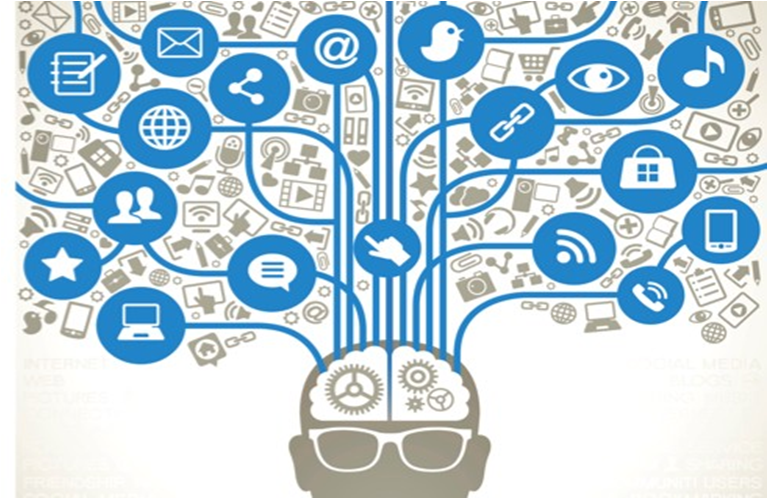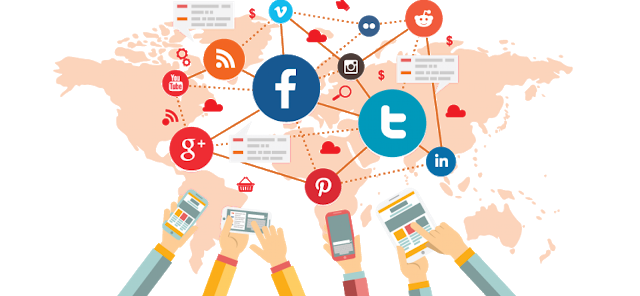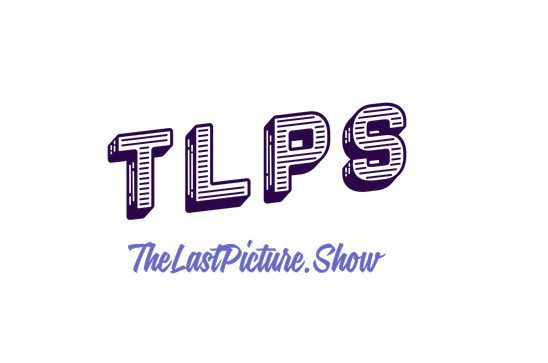These days, we are more entrenched in media than we ever have been. Most of us will spend our evenings playing games, watching TV or watching films. On a special occasion, we might head to the cinema.
At work meanwhile, we are constantly online, reading stories and turning them into news, or dealing with software and managing data. Browsing the web is a large part of about 99% of jobs – and it’s that means many of us spend a good 8-10 hours a day looking at one screen.
Has this affected our psychology? You bet!

Table of Contents
ToggleHow Media Changes the Way You Think
‘Clip thinking’ is one term that has been used to describe the changes that media has introduced to our thinking. This refers to how used we now are to receiving information in a narrative manner – we’ve become accustomed to being told entertaining stories when we get our information and we’re used to getting instant access to that information whenever we need it.
We’re so used to getting information in a certain format – as short segments of narrative – that we struggle with anything longer or more complex. We end up flicking from one task to the next and failing to concentrate on anything for longer than a few minutes.
Things are worse across the web, where many studies show we now have shorter attention spans than ever before. Again, we’re used to getting the information we’re looking for in seconds. Did you know that the average ‘bounce rate’ for most websites is about 1 second? That means that most people spend only one second on a website before leaving – often that’s because they can’t be bothered to wait for the website to load! We search for information, click on it and then leave because it doesn’t arrive fast enough.

This is a completely alien state of affairs when you compare it to the way we looked for information 20 years ago. Back then we’d have had to find a book or a public library with the information we needed, and then we’d have had to dig through books to research the topic we were interested in!
This is also why advertising is becoming more and more ‘in-your face’ (literally). These days, we usually have 5 tabs at least open in Chrome while ‘second screening’. That means that we’ll often be chatting on our smartphone through WhatsApp at the same time as browsing the web. And some people will have the TV on in the background too…
This has left us largely desensitized to pretty much anything that would have previously stood out to us. Computer games only fuel our ADHD – often involving bright colors, fast game play and loud sound effects. Even then we often get impatient during load times or when we have to walk anywhere in the game world (hence the popular option to jump everywhere instead).
Is This a Problem?
So is all this a problem?
Most often we’re told it is – and indeed it’s easy to see how a lack of attention span might be a problem. Apart from anything else, flitting constantly from one form of media to another, while never quite being satisfied with what we find – is a surefire way to exhaust ourselves.
But that’s not to say it’s all bad news. Actually, the very same phenomenon has also been shown to make us better at skim reading and quickly getting information from a block of text – this is a highly useful skill. Likewise, computer games actually improve attention, awareness and quick decision making.
It’s not that our brains are deteriorating – rather they are adapting. Our brains are adapting to the lifestyles we now all live and this is generally going to be a good thing – as it means we’ll get better at using the technology that we’re now required to use. Being good at computer games these days is useful – and so is being good at using Google. Looking through encyclopedias? That’s less useful now!
But we also must be careful. For one: we still need lots of those old traits and it’s important to make sure we occasionally exercise our self-control and our focus. Secondly: all this media is addictive and it’s not healthy to be constantly distracted and constantly in need for more stimulation, more light and more sound – especially when you try and unwind at the end of the day.

What to do About Clip Thinking
So what can you do about clip thinking?
One thing that many people are finding highly useful is meditation. Meditation is a practice that challenges you to calm your mind and to reflect on silence. This is something most of us no longer get enough of and if you learn to do it, you’ll find it’s much easier to keep runaway thoughts under control. Studies also show that people who meditate actually have better attention spans and better brain health in many other ways.
Another useful tool might be CBT. CBT is a more structured alternative to meditation that stands for ‘Cognitive Behavioral Therapy’. If you find that your media-frenzied mind is becoming hard to handle, see a cognitive behavioral therapist and they’ll be able to help you get it under control and to spot unhealthy thought habits.
You should also make sure to continue doing things that do require your attention for long periods. Great examples include writing, as well as reading books. In fact, reading books has a ton of great health benefits.
And try to stop looking for narratives in everything. Keep a clear definition between fantasy and reality and don’t expect everything to play out in the movies. Sometimes you just need to get back to reality – how about taking a holiday and unplugging for a few weeks? Try leaving your phone behind – if you can do that without having a heart attack!
Source: Forlearningminds.com


